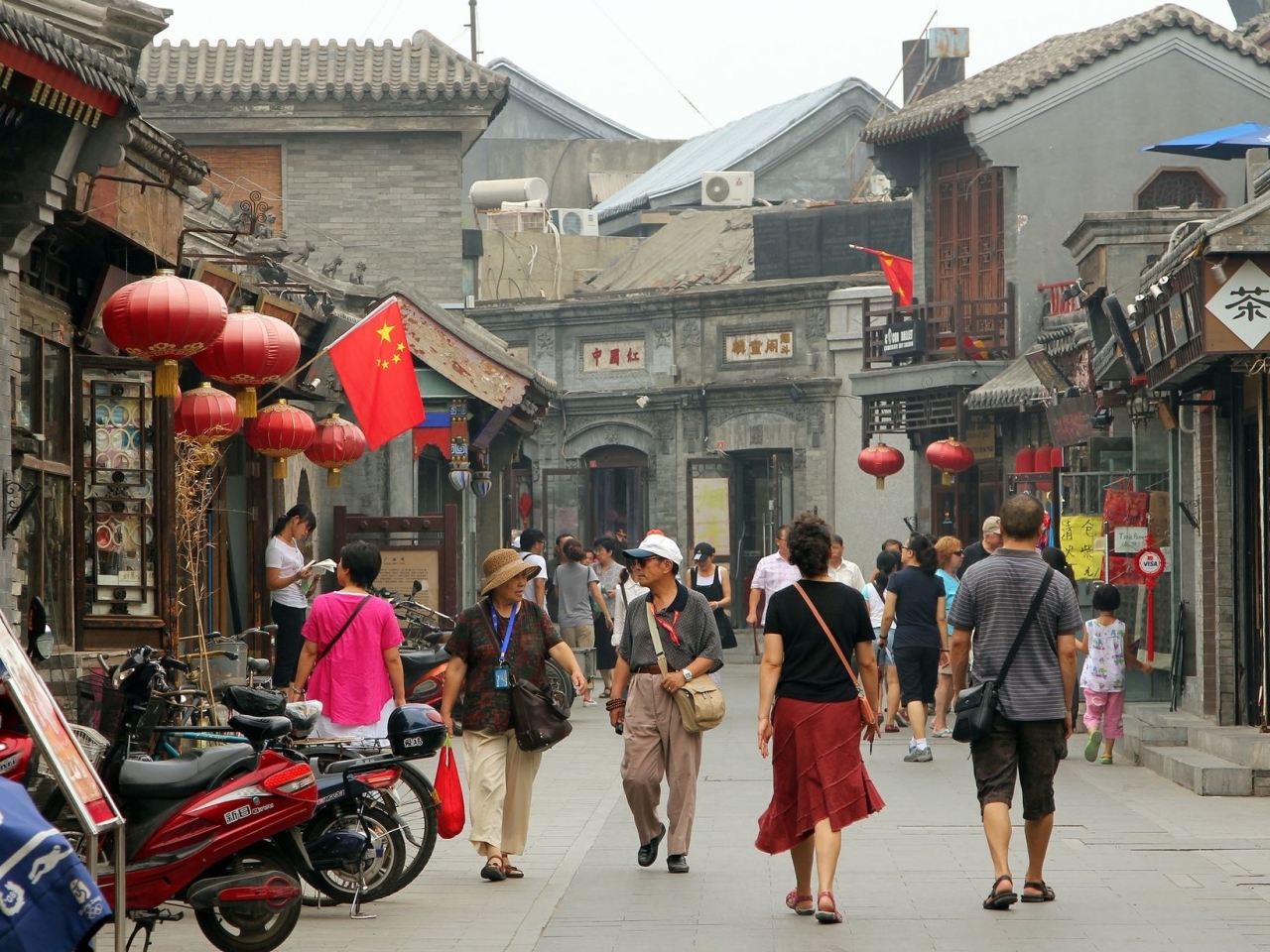China's top economic planning body on Monday unveiled a raft of measures to boost consumption in the automobile, real estate and tourism industries, as part of the nation's efforts to spur economic recovery.
The National Development and Reform Commission (NDRC) said local officials should ease car purchase restrictions and upgrade EV charging infrastructure to stimulate spending on new energy vehicles.
"In the first half of the year, the domestic consumer market showed signs of recovery. Catering, cultural tourism, and movie industries bounced back quickly. Shopping malls and commercial streets became lively again. Sports events and concerts also resumed one after another," said NDRC deputy director Li Chunlin.
"However, the growth momentum of some consumer goods is still not stable. Some residents lack confidence in consumption and have many concerns. Also, the consumption performance in some areas is unsatisfactory. More policies are needed to address these issues."
The state planner also called for an expansion in the supply of affordable rental housing, and pushed for the consumption of home appliances by rolling out trade-ins and the recycling of used home appliances.
But Liu Baocheng, founder of the Centre for International Business Ethics at the University of International Business and Economics in Beijing said more needs to be done to tackle "fundamental issues" such as job security and restore consumer confidence.
"The lacklustre consumption here is due to the fact that our economy has been depressing and people are more cautious in spending, particularly now, given the high unemployment rate for the youngsters," he said.
"The key lies in how to solve these problems by boosting the confidence of those private sectors so that they can provide more job opportunities. And the government needs to provide more social welfare programmes."
The NDRC also urged local authorities to cut admission fees for tourist attractions and extend opening hours of museums and theme parks to promote tourism.
In response, Liu said while this sends a "very good signal", officials should also think of ways to better advertise the nation's tourist sites.
"They also need to do more promotional programmes of what is really the attractive point of those tourists sites, musuems, etc, so that people can be motivated to go there.
"People go to those tourist sites not only because of the lowered fee, but rather, because [of the] pleasure they can gain from it."





